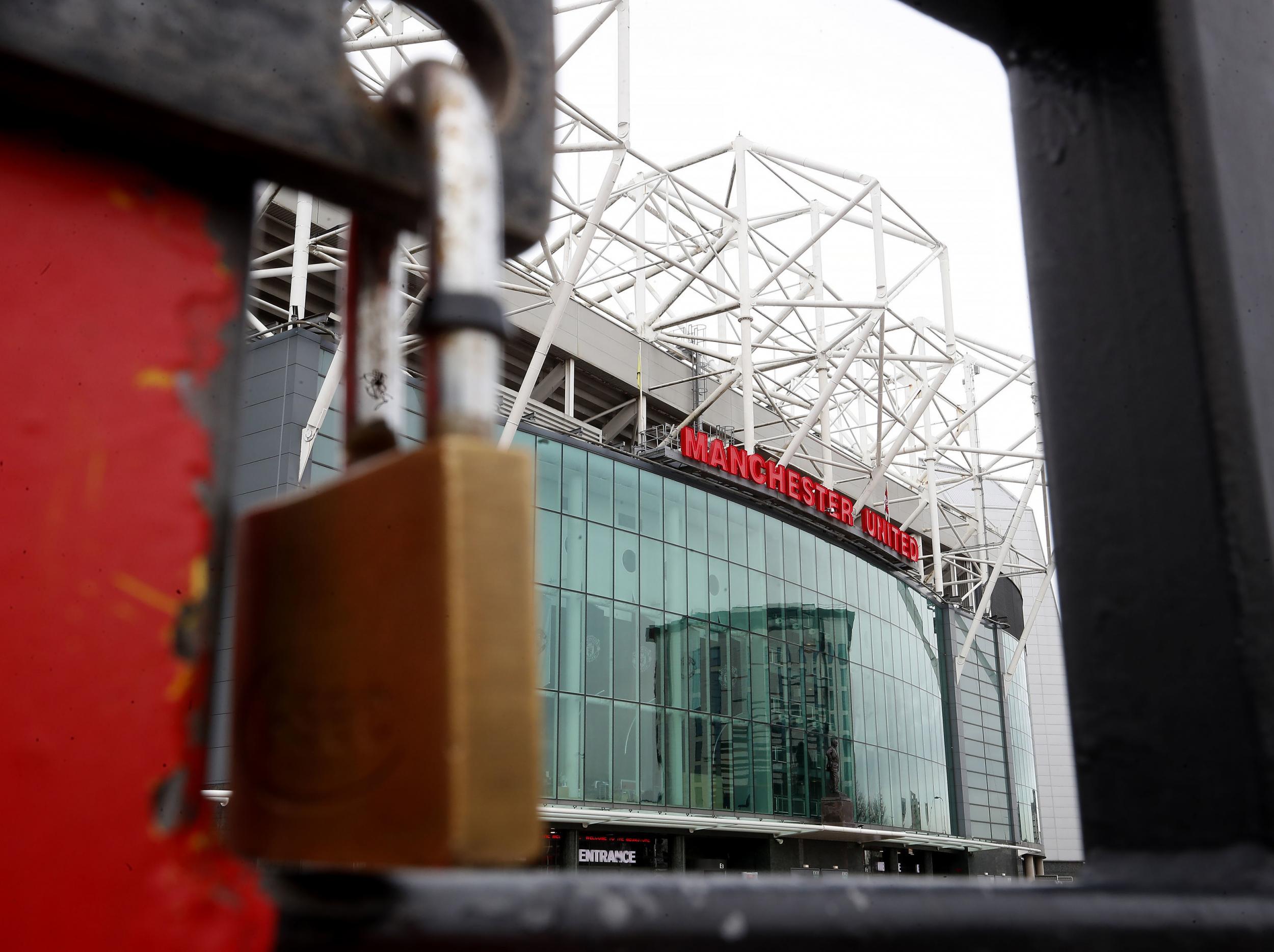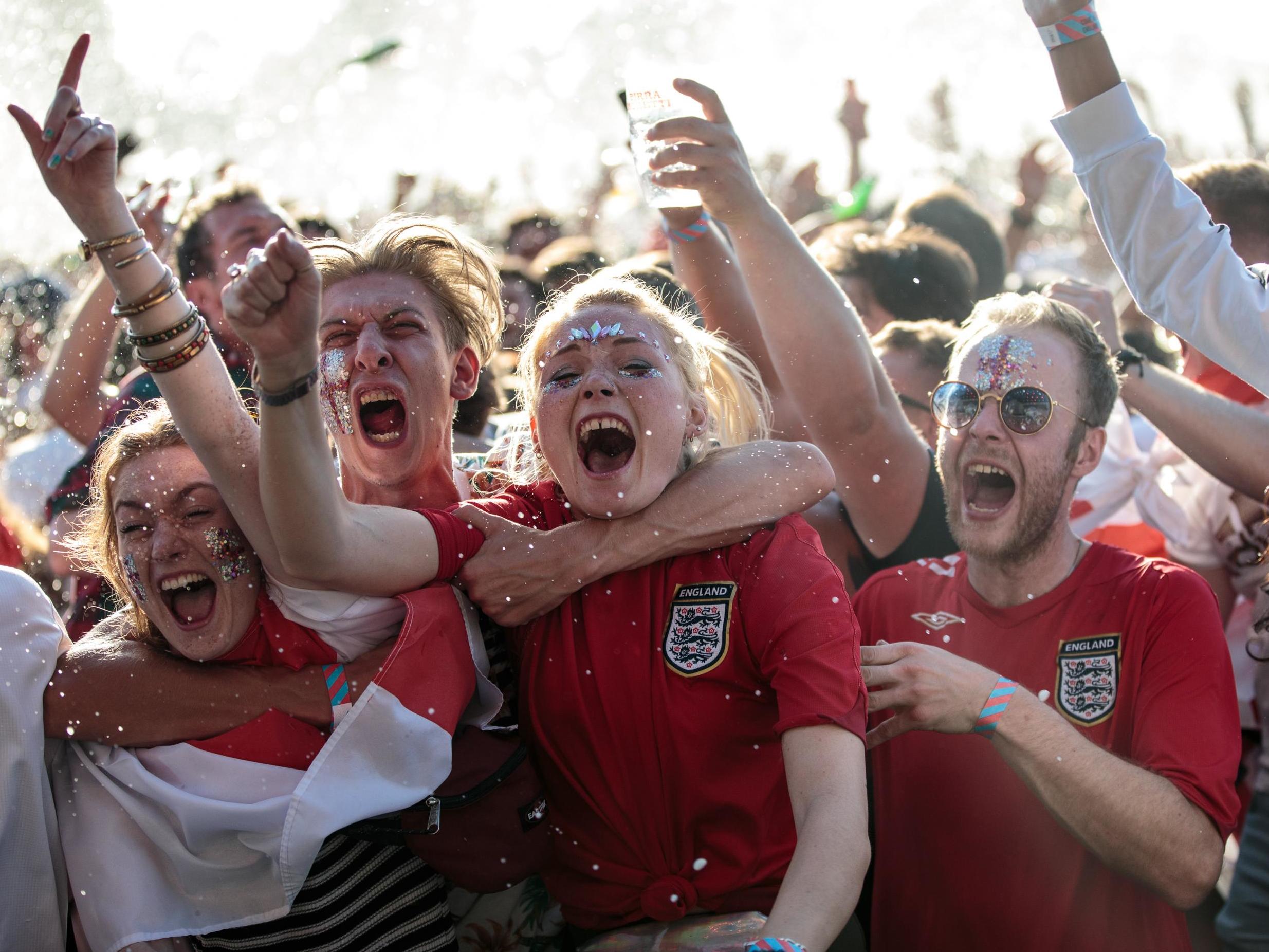Coronavirus means we have more important things to worry about than football — but it will always still matter
Football is one of those elements we so joyously fill our worlds with. It is what we fill our lives with, and that is something that has only been emphasised in these emptier coronavirus-conditioned days
When football’s various powers came together for multiple video conferences this week about the fate of the game, there were a lot of private messages about what was going to be discussed. But there were also many about the coronavirus pandemic in general.
“What’s it like in your country?” “What have you heard?” “When is this going to end?”
The reality – for the distorted reality of football as much as anything else – is that it’s difficult to think about or concentrate on anything else. The players are the same. Days pass in waves: spells of normality and trying to find a bit of fun, suddenly invaded by feelings of despair about what’s next.
We’re all there, all the same.
Many in the game are justifiably worried about the financial futures of their clubs, and it is with a fairly grim appropriateness that this basic concern about coronavirus has grown along the lines of old Ernest Hemingway line about bankruptcy: gradually, and then suddenly.

It started as some far-off concern in the east, only to incrementally envelope the rest of the world until we were very quickly forced into a complete change of life.
It is also with a certain irony that the globalised nature of the economy and travel – which football has arguably distilled and benefited from more than any other industry bar finance – has effectively made a pandemic inevitable, only for that very pandemic to start stripping down those same structures.
On those lines, it is remarkable that it is just over a week since Liverpool hosted Atletico Madrid, and the visit of at least a thousand people from crisis-hit Spain to a mass gathering in the north of England. It is even more remarkable that it is less than week since the Premier League announced it was going to press ahead with fixtures – until Mikel Arteta’s positive test exploded all of that.
Reality intervened.
The concerns of Big Football, and the previously never-ending show, feel so small now that it has ground to a halt.
That is something that has been put into sharper perspective by the ongoing attempts to work out what comes next. Every single contingency plan, every single “solution”, can be instantly rendered meaningless by the virus.
“It’s not up to us,” Uefa president Aleksander Ceferin said, in such simple but such significant words.
That in itself has raised a lot of sideline discussion about what should actually matter to us, whether we should even be thinking about football, whether we should even care what happens to football.
When new FA chief executive Mark Bullingham staged a conference call with journalists on Tuesday, he felt the need to add some variation of “there are more important things in the world than football” four times in 18 minutes.
He no doubt did that to re-emphasise a proper perspective on all this and show the game isn’t taking itself so uber seriously but, in truth, it should really go without saying. Everyone knows we all have bigger concerns, that are consuming all of our minds right now.

It would really take someone whose own perspective had been lost to start arguing that football had lost a sense of its place.
It should also go without saying, however, that football is one of those elements we so joyously fill that world with. It is what we fill our lives with, and that is something that has only been emphasised in these emptier coronavirus-conditioned days.
The place of the game is important precisely because it is so unimportant. This is what makes life fun, and enriching.
David Goldblatt argued in his last book The Age of Football that it has become a cultural pursuit like no other, crossing more borders than any other, consuming more minds than any other.
And that has now been stripped away.
This is why, even if we must re-emphasise its scale, it does matter what happens in all these meetings. It does matter what happens to football, and all its various competitions and storylines.
For the perfect illustration of this, consider the following elusive but encouraging thought. Imagine what the first game back is going to be like. Imagine what the first goal back is going to be like. Imagine what your stadium is going to be like. It’s easy to come up with the picture, be it Anfield or Fir Park.
It will be a glorious congregation of people, and thereby a celebration of life itself — until we get the celebration of a goal.
Football, or our everyday lives, will have rarely seen anything like it: the release, the emotion. It will be an atmosphere like no other, thousands of people waiting for a match that is no longer a mere game but is an affirmation of why we’re all here, and the feelings that actually are important to life.
It’s why it matters, all the more so because it doesn’t matter all that much at all.
It is, right now, something to savour.
Join our commenting forum
Join thought-provoking conversations, follow other Independent readers and see their replies
Comments
Bookmark popover
Removed from bookmarks